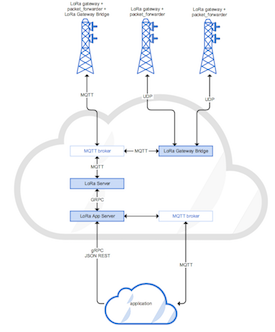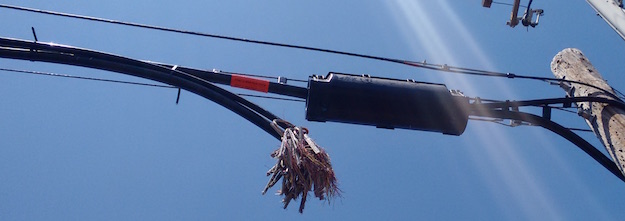$20 million still available for California broadband subsidies

There’s about $20 million, plus or minus, left for broadband infrastructure grants in the California Advanced Services Fund (CASF), against pending proposals totalling $5.7 million. That’s without taking into account a possible top-up that’s under consideration in the California legislature, but which might also make spending it on anything other than minimal upgrades by Frontier Communications or AT&T virtually impossible.
Over the years, the California legislature has pumped $315 million into the kitty, with $270 million of that allocated to construction subsidies for broadband systems – middle and last mile – in areas that are either completely unserved or lack service at a minimum of 6 Mbps download and 1.5 Mbps upload speeds.… More


![By Dedda71 (Own work) [GFDL (https://www.gnu.org/copyleft/fdl.html) or CC BY 3.0 (https://creativecommons.org/licenses/by/3.0)], via Wikimedia Commons](https://www.tellusventure.com/images/2017/7/chalk_outline_275.jpg)






